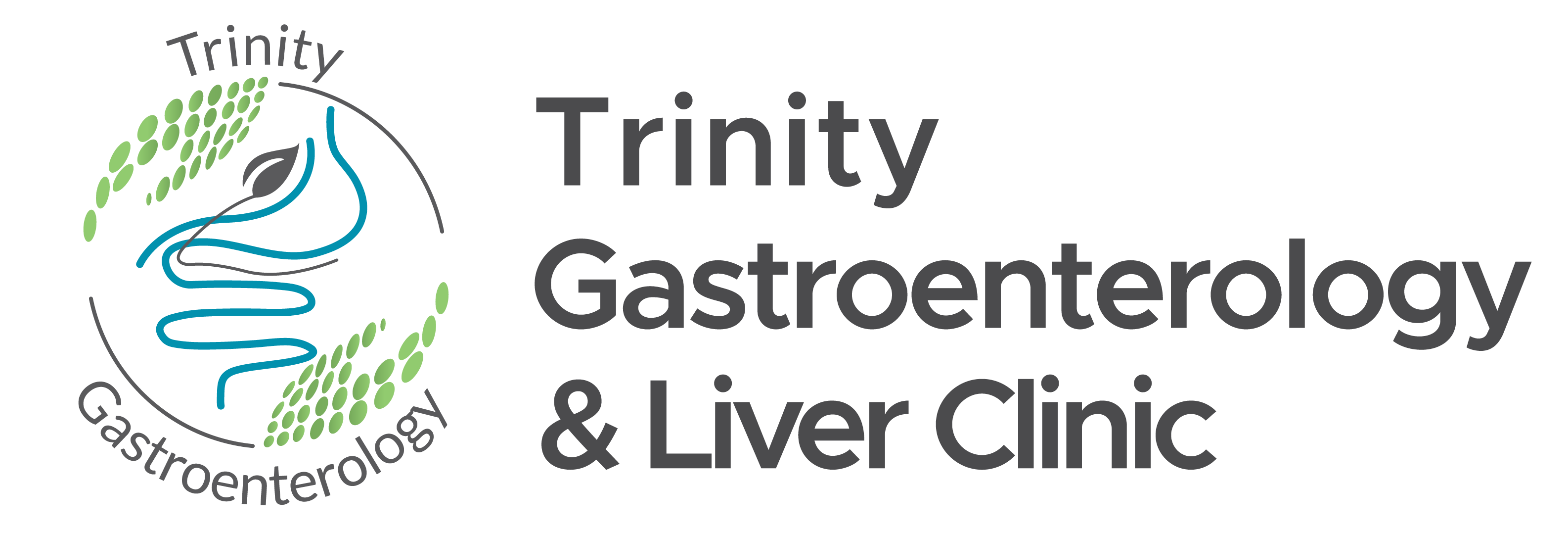Gastrointestinal disorders are among the most common health issues that affect people worldwide. These disorders can range from mild discomfort to severe, life-threatening conditions. Understanding the symptoms and available treatments for common gastrointestinal disorders is essential for maintaining digestive health and overall well-being. In this blog, we will explore some of the most prevalent gastrointestinal disorders, their symptoms, and effective treatments.
Common Gastrointestinal Disorders
1. Acid Reflux and GERD
Symptoms:
- Heartburn
- Regurgitation
- Difficulty swallowing
Treatments:
- Lifestyle changes (diet modifications, weight loss)
- Medications (antacids, proton pump inhibitors)
- Surgery (fundoplication)
Acid reflux occurs when stomach acid flows back into the esophagus, causing discomfort and potential damage. When acid reflux becomes chronic, it is known as Gastroesophageal Reflux Disease (GERD). Lifestyle changes and medications are often effective in managing symptoms, but severe cases may require surgical intervention.
2. Irritable Bowel Syndrome (IBS)
Symptoms:
- Abdominal pain
- Bloating
- Diarrhea or constipation
Treatments:
- Dietary adjustments (low FODMAP diet)
- Stress management
- Medications (antispasmodics, laxatives)
Irritable Bowel Syndrome (IBS) is a functional gastrointestinal disorder characterized by chronic abdominal pain and altered bowel habits. While the exact cause of IBS is unknown, treatment focuses on symptom management through dietary changes, stress reduction, and medications.
3. Inflammatory Bowel Disease (IBD)
Symptoms:
- Severe diarrhea
- Fatigue
- Weight loss
- Abdominal pain
Treatments:
- Medications (anti-inflammatory drugs, immunosuppressants)
- Lifestyle and dietary changes
- Surgery (in severe cases)
Inflammatory Bowel Disease (IBD) includes conditions like Crohn’s disease and ulcerative colitis, which cause chronic inflammation of the gastrointestinal tract. Management involves reducing inflammation through medication, lifestyle changes, and sometimes surgery.
4. Gallstones
Symptoms:
- Sudden, intense abdominal pain
- Nausea and vomiting
- Jaundice
Treatments:
- Medications to dissolve stones
- Lithotripsy (shock wave therapy)
- Surgery (cholecystectomy)
Gallstones are solid particles that form in the gallbladder, leading to pain and potential complications if they block bile ducts. Treatment ranges from medication to dissolve the stones to surgical removal of the gallbladder.
5. Celiac Disease
Symptoms:
- Diarrhea
- Fatigue
- Weight loss
- Bloating and gas
Treatments:
- Strict gluten-free diet
Celiac disease is an autoimmune disorder where the ingestion of gluten leads to damage in the small intestine. The only effective treatment is a lifelong adherence to a gluten-free diet, which allows the intestines to heal and prevents further damage.
Importance of Early Diagnosis and Treatment
Early diagnosis and treatment of gastrointestinal disorders are crucial in preventing complications and improving quality of life. Regular check-ups with a gastroenterologist can help detect issues early, and appropriate treatment can manage symptoms effectively.
Conclusion
Understanding the symptoms and treatment options for common gastrointestinal disorders is key to maintaining good digestive health. If you experience any persistent symptoms, it’s essential to seek medical advice promptly. At Trinity Gastroenterology and Liver Clinic, our expert team is dedicated to providing comprehensive care for all your digestive health needs. Contact us today to learn more about how we can help you achieve optimal digestive health.

